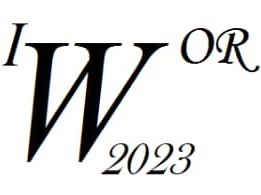Ponente
Descripción
Language policies for the purpose of (re)vitalizing a minority language are analyzed as a dynamic cost-effectiveness problem. We focus on policy measures with two types of costs structures: costs largely proportional to the number of beneficiaries (a rival measure) and costs independent of the number of beneficiaries (a non-rival measure). An example of the former is for instance home nursing in the minority language and an example of the latter is treet signs in the minority language. Both types of measures are assumed to contribute positively to the vitality of the minority language. We stylize the analysis, letting the rival measure have an immediate direct effect on the vitality and the non-rival one a protracted indirect effect on the language’s status. Two problems are addressed. Firstly, we study how the optimal combination of the two types of measure changes as the policy is implemented and the vitality of the minority language increases and show that a policy with fixed budget shares as a rule is suboptimal. Secondly, we compare the opportune policy of a policy maker planning with a fixed time horizon with the optimal policy as the time horizon approaches infinity. The policy maker has incentives to plan for a sub-optimal policy with a reduction in the protracted measure for the whole planning period and making it equal to zero at the time horizon. All effects are illustrated in numeric examples.
Keywords: Language policy, cost structure, cost-effectiveness analysis, planner objectives, dynamic optimization, long-run optimal policy, short-run opportune policy.

